
Take your class on a field trip to Carnegie Museum of Natural History, where active research happens every day. The museum offers 60-minute guided tours and self-paced educational visits designed to meet your needs for all grade levels. Follow the three easy steps below to book your upcoming field trip!
Step 1. Before You Book Your Field Trip – Gather Information
- Field trips must be booked four weeks in advance.
- Have a preferred date and back up dates ready when booking.
- Have the number of children and adults attending your field trip.
- Guided tours can typically accommodate group sizes of up to 150 students total per visit. Groups of this size will be split over several different tour times.
- Know if your group has any special requests.
To request special disability accommodations for field trips, please contact GroupVisits@carnegiemuseums.org
We have scholarship opportunities for schools and organizations that qualify. Apply for a scholarship for a group visit or field trip.
Check out our Frequently Asked Questions for more details about booking, parking, lunchrooms, and more!
Field trips to Powdermill Nature Reserve are also available.
Step 2. Choose a Field Trip Format & Theme
Required chaperones and teachers are admitted free for field trips (1 adult for every 5 students) and additional chaperones can be included at a reduced admission rate. The cost per student below includes general admission to Carnegie Museums of Art and Natural History for the same day as the field trip visit. Costs listed below are applicable for groups of 10 students or more.
Please note that Walton Hall of Ancient Egypt will close for renovation in August 2023.
Self-Guided Museum Quest
$9 per student
Or add this program on to a Guided Tour – additional $2 per student
If you are looking for an activity to complete during your group’s visit, choose a Museum Quest as part of your visit or add it on to a Guided Tour. This self-paced, scavenger hunt-styled learning activity guides learners through exhibits to practice critical thinking skills. Chaperones receive answer packets to support the group’s exploration.
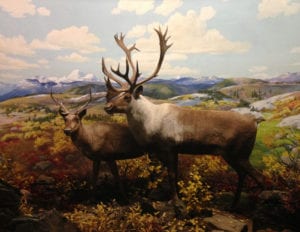
Explore Ecosystems
Explore the museum’s wildlife dioramas in-depth, and discover the relationships between animals and plants across varied biomes. Put your observational skills to the test and examine adaptations for hunting, defense, and reproduction across diverse species using interactive museum materials. Ideal for grades preK-8.
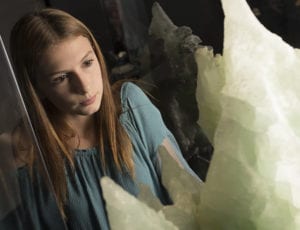
Rockin’ Around
Use colors and shapes as clues to guide an investigation throughout our world-renowned rocks and minerals collection in Hillman Hall of Minerals and Gems. Learn about the properties of these brightly colored specimens along the way. Ideal for grades preK-5.
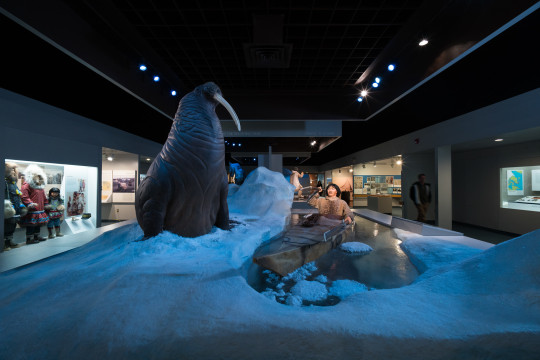
Diverse Cultures
Compare and contrast food, clothing, and shelter between your everyday experience and the diverse indigenous cultures represented in Alcoa Foundation Hall of American Indians and Polar World: Wyckoff Hall of Arctic Life. Analyze artifacts and museum dioramas to discover how cultures are shaped by unique natural resources in different geographic locations. Ideal for grades 2-8.
60-Minute Guided Tours
$9 per student
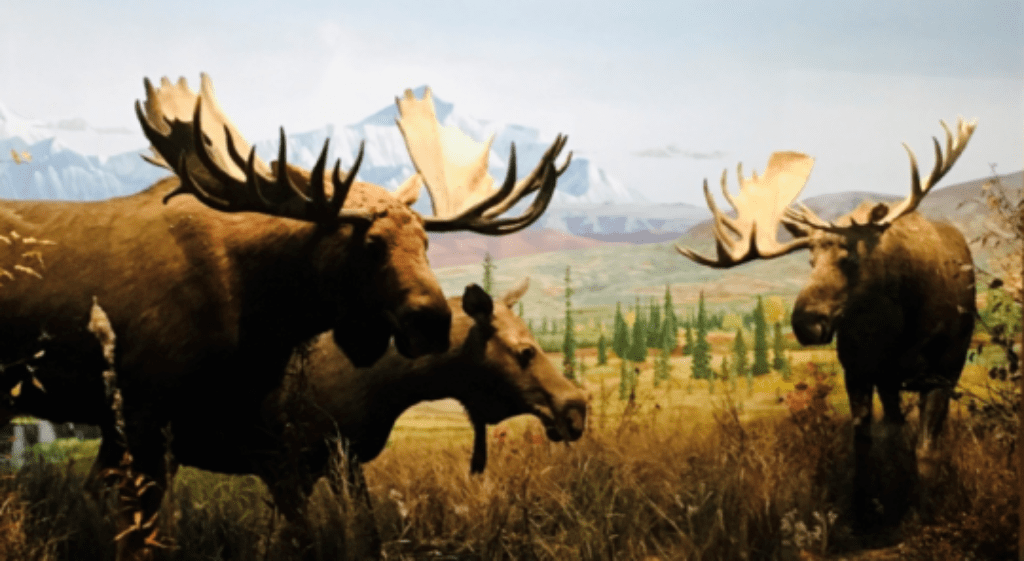
Animals, Plants, and Ecosystems
Explore diverse habitats in the museum’s historic dioramas and wildlife halls. Examine the relationships between animals, plants, climate, and weather as you compare and contrast how organisms adapt in grassland, arctic, forest, and desert environments.
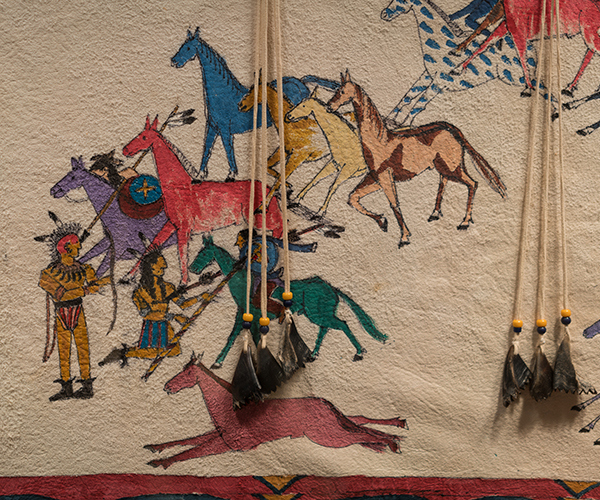
Cultures
Analyze artifacts and specimens from cultures of Indigenous peoples of North America. Discover how cultures and traditions are uniquely shaped by resources, environments, and geographic locations.
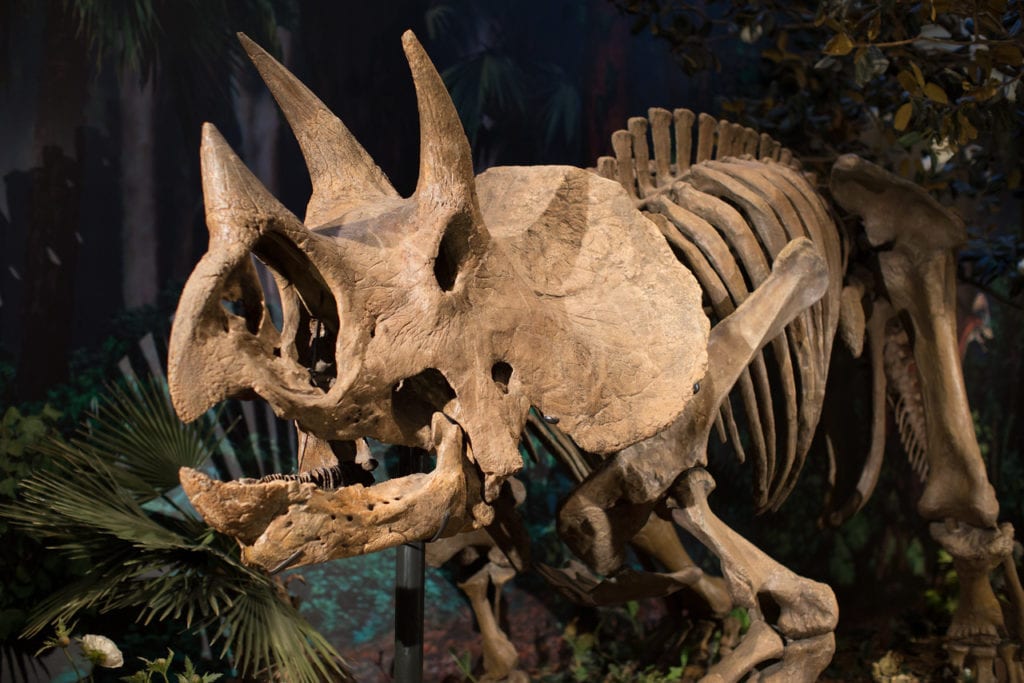
World of Dinosaurs
Travel through the Mesozoic Era in the core exhibition Dinosaurs in Their Time, featuring real fossils and scientifically accurate reconstructions of ancient habitats. Learn how animals, climate, and ecosystems change over time, and what fossils reveal about dinosaurs, plants, and other prehistoric creatures.
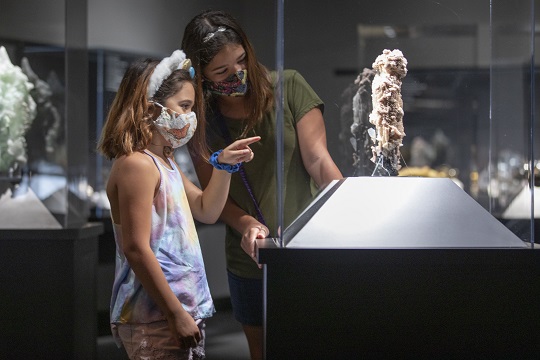
Rocks, Minerals, and Gems
Discover how rocks and minerals reveal the history of Earth while exploring the museum’s artfully displayed collections. Learn about geologic processes like fossilization and the rock cycle, and discuss the formation of natural resources from fossil fuels to building stones to decorative gems.
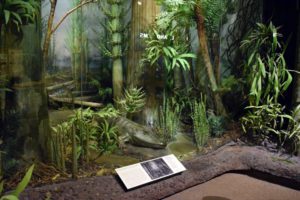
Pennsylvania Natural History
Learn about Pennsylvania geology, wildlife, and native cultures in Benedum Hall of Geology, the Hall of North American Wildlife, and Alcoa Foundation Hall of American Indians. Investigate the geological history of Pennsylvania, and examine the intricate detail of Pennsylvania’s plants and animals in the museum’s classic dioramas. Explore the coexistence between native cultures and nature, and learn about current scientific research and conservation efforts that are impacting our local ecosystems.
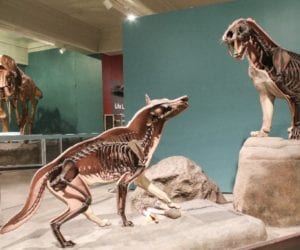
Evolution of Life
Utilize the museum’s collection to investigate how animals, climates, and ecosystems change over time. Discuss geologic time, adaptation, and natural selection as you examine fossils and explore the museum’s dioramas.
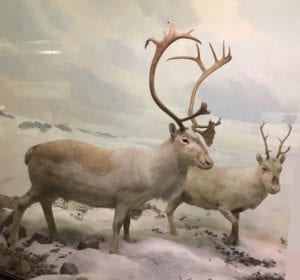
Biomes and Climate
Study the biomes that make up North America and Africa in the museum’s historic wildlife halls, and compare them to environments across the globe. Examine the links between animals, plants, and weather, and discover the vital role that climate plays in these relationships. Use evidence to infer how organisms respond to environmental change.
Step 3. Book Your Field Trip
Book Online
Book your field trip online and our Visitor Services team will get back to you via email to confirm details about your upcoming visit. If you have any questions, please email GroupVisits@CarnegieMuseums.org for more information.
